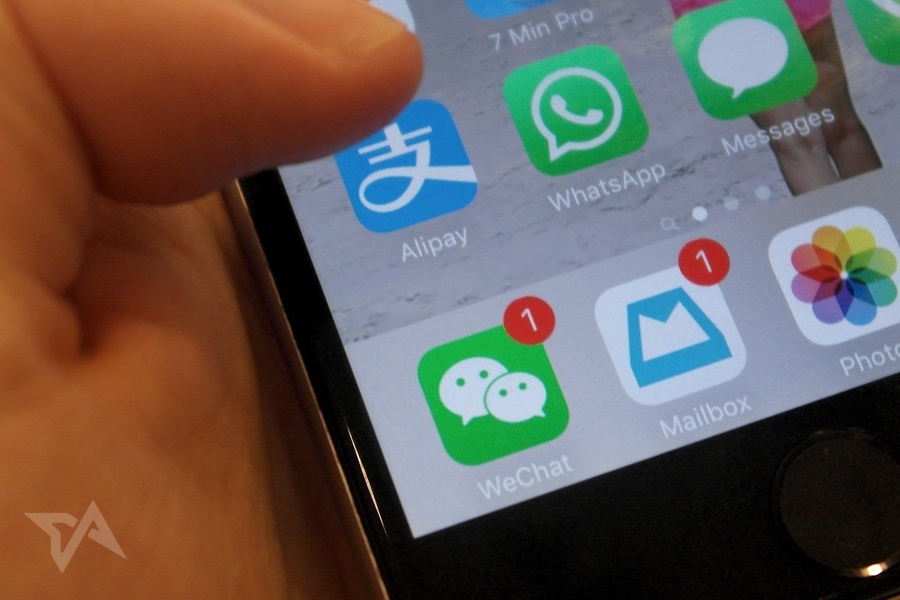
Photo credit: niloo138 / 123RF.
WeChat, the massively popular messaging app with over 800 million active users mainly in China, is testing out a paywall that will allow media outlets and bloggers to set a pay-per-read price.
Like Facebook, WeChat has brand accounts used by media outlets, celebrities, bloggers, and companies of all sizes.
A spokesperson at parent company Tencent confirmed the long-rumored move to Tech in Asia today (hat-tip to Yicai for spotting this) but declined to give details as it’s still in a trial phase.
Tip this writer
The paywall follows WeChat’s move mid-2015 to allow users to tip publishers and writers anything from US$1 to US$30 using the social network’s built-in wallet function. The media paywall will likely be similar – except it won’t be discretionary.
The paywall gives publishers an alternative to WeChat ads and tips for monetization. Some bloggers also resort to sponsored posts for major companies.

WeChat has 846 million active users at the latest count.
See: In China, social media means shopping
China’s netizens, once used to getting virtually everything for free, are increasingly willing to pay for content. All the major video sites have optional “VIP” monthly or annual subscriptions for their newest or hottest TV series and movies, and Alibaba in 2015 rolled out the nation’s first, Netflix-esque service. And one Chinese startup has had a smash hit with a Q&A service in which people pay celebrities or experts for answers to their queries. Tencent last year invested in that Q&A app as an executive at the social media giant called it “one of the most important knowledge-sharing platforms in China.”
Once WeChat’s paywall goes live, it’ll be the largest social network to allow publishers to charge for articles.
See: WeChat is schooling Facebook on dealing with fake news
This post WeChat to roll out paywall for publishers appeared first on Tech in Asia.